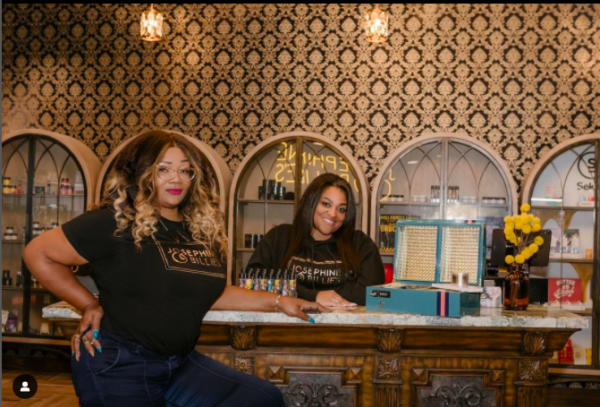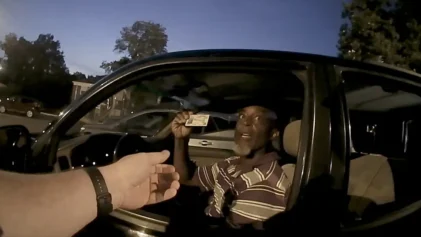More than two decades after states began legalizing cannabis, researchers and advocates say they’re noticing that Black people have been largely shut out from making money in the burgeoning marijuana industry.
The legalized marijuana market is expected to reach $43 billion by 2025, according to cannabis market research firm New Frontier Data. As part of that growth, New Frontier Data researchers estimate 5.4 million Americans will be registered marijuana patients, a 2.4 percent increase from 2021.

Part of the reason Blacks haven’t done so well in the growing cannabis industry is because it costs too much money to open a dispensary, advocates told Finurah. Another reason is because states have passed faulty legislation that either caps or blurs the line on who can get a license to sell, the advocates said.
“The two reasons that Black entrepreneurs are not just blowing up and starting cannabis businesses left and right is historical disadvantages and bureaucrat challenges on the local and state level,” said Laura Herrera, an independent cannabis consultant who also does research for the University of California Berkeley.
California was first to legalize medical marijuana in 1996. Colorado legalized it for recreational use — a national first — in 2012. Since then, 37 states have legalized medical marijuana and 18 have approved it for recreational use.

As more states approved cannabis, industry insiders said they expected more Blacks to be released from jail for selling marijuana and more Black people pursuing careers in the field. That hasn’t been the case, experts said.
Industry observers say there is a growing disparity between Black and white Americans entering the business. About 80 percent of cannabis business owners and founders were white, a 2017 Marijuana Business Daily survey found. About 4 percent of those owners were Black.
Read the full story here.
More news from our partners:


